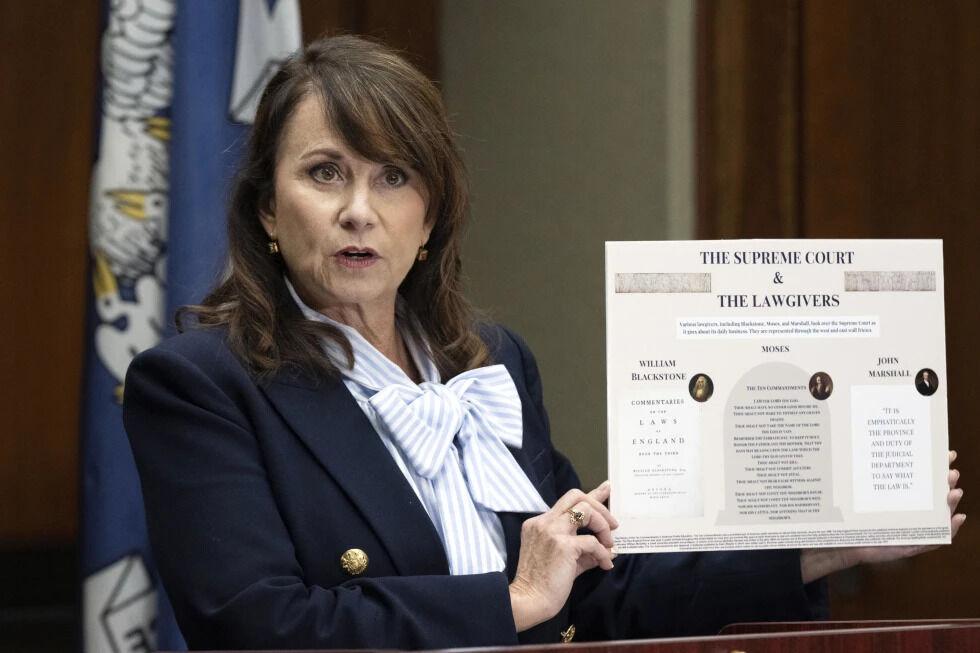On the Record
Record executives at EMI dropped a bomb last week, terminating pop diva Mariah Carey’s four-album deal after just one release. This proved to be a retaliatory strike, however, as EMI was only acting in response to the two bombs Carey dropped this past year.
Carey’s album “Glitter” and its sister film of the same name tanked in both the pop charts and at the box office. In addition to her musical and cinematic misfires, Carey suffered a highly publicized mental and physical breakdown.
The incident came just weeks after “Loverboy,” the first single from “Glitter,” was released and failed to crack the Top Ten. In a last ditch effort to sell “Loverboy,” EMI slashed its sales price to an unbelievable 49 cents.
The cheap single climbed to number two on the charts, but in a bizarre twist, the ever competitive survivors of Destiny’s Child began selling their single for the price of a taco, and successfully kept Carey from reaching number one.
Carey’s bizarre meltdown was captured on MTV’s “Total Request Live.”
The 31-year-old songstress flipped out during a surprise appearance on the live teen call-in show, rambling an out of breath commentary on needing a day off to “look at rainbows,” as a bemused Carson Daley looked on.
Last week a spokesman for EMI finally acknowledged the label gave Carey a $28 million pay-off for tearing up her contract. Unfortunately Carey proved to be a poor investment. Essentially EMI paid her $21 million to sing for them, then a mere nine months later, they paid her another $28 million to leave.
For EMI, the writing was on the wall. Carey’s hospitalization forced her to abandon any personal appearances to promote the album, and the disc’s release was delayed. “Glitter” finally hit stores on, you guessed it, Sept. 11.
According to Soundscan, “Glitter” has sold just over 500,000 copies to date. This lends credence to critics’ claims that the diva from Long Island is past her prime.
While a gold disc is an achievement for most artists, the sales of “Glitter” are paltry when compared to Carey’s “Music Box,” which sold 20 million copies worldwide in the 90s.
Like a trophy wife under no prenuptial agreement, Carey is making off with $49 million dollars from ex-husband EMI. And that’s after just one album.
Ironically, Carey may be in for even more compensation from her former label. According to her attorney, Marshall Grossman, EMI broke contract in describing Carey’s deal as “terminated.” Grossman said the parties agreed to use the word “canceled, ” and Carey may sue for breach of contract.
Carey admittedly had a rough year, but she is in no way a victim. Emerging artists with Virgin/EMI are the true casualties in this deal. Carey is sucking up millions that the label could invest in developing new talented songwriters.
Instead, the singer and her attorneys will get rich off of EMI and undoubtedly move on to another label.
With her successful 90s track record, Carey must have seemed a sure thing on paper. Unfortunately for EMI, all that glitters is not gold.
Jeff Roedel
On the Record
By Jeff Roedel
January 31, 2002
More to Discover







